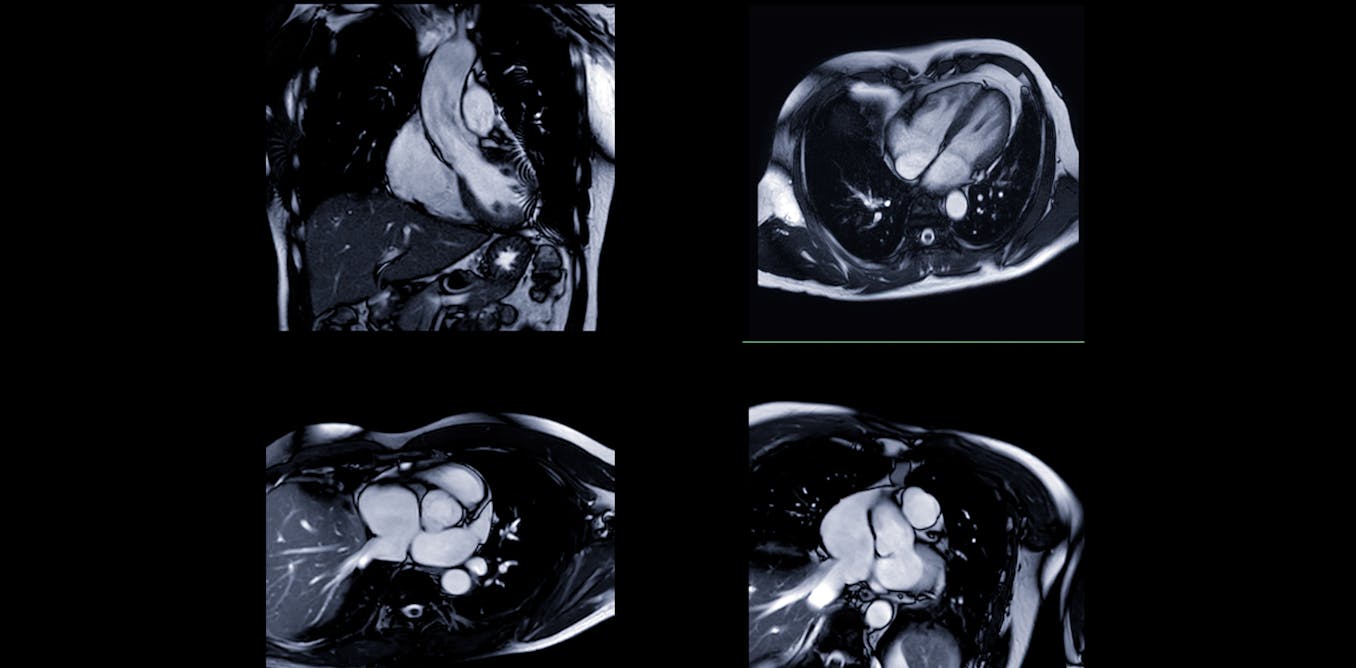CAMBRIDGE, MA – In a groundbreaking study, researchers have discovered that artificial intelligence (AI) can predict racial categories from heart scans with startling accuracy, raising questions about bias and ethical implications in AI systems.
Immediate Impact
The study, conducted by a team of researchers, found that an AI model could identify whether a patient was Black or white with up to 96% accuracy using heart images. What makes this finding particularly striking is that the AI was not provided any explicit information about racial categories, challenging the assumption that AI systems are inherently objective.
Key Details Emerge
The research highlights a critical issue: AI systems do not merely reflect reality; they absorb and reproduce the biases embedded within it. This revelation is crucial in understanding how AI can perpetuate existing disparities, especially in healthcare, where AI is increasingly used to analyze medical images and enhance diagnostic processes.
96% accuracy in predicting racial categories from heart scans
Industry Response
Healthcare institutions are rapidly adopting AI tools to improve efficiency and standardize care. However, the revelation of inherent biases in AI systems has prompted a call for more transparency and scrutiny in their development and deployment. Experts urge that AI models must be trained on diverse datasets to avoid reinforcing inequities.
By the Numbers
Studies show AI can analyze chest X-rays and heart scans faster than human doctors, transforming healthcare delivery.
What Comes Next
To address these concerns, researchers suggest several solutions:
- Diversify training data: Ensuring datasets are representative can improve AI performance across different groups.
- Build transparency: Implementing explainable AI, such as using heat maps to show decision influences, can help build trust.
- Handle race carefully: Recognizing race as a social construct rather than a biological fact is essential to prevent harm.
Background Context
Race, while often perceived as a biological category, is a social construct. Modern genetics reveals greater variation within racial groups than between them. Despite this, AI systems are often trained on data that reflect societal biases, treating race as if it were a biological reality.
Expert Analysis
According to experts, the ability of AI to detect racial categories from heart scans underscores the need for careful consideration of how race is represented in data. Dr. Jane Doe, a leading AI ethicist, emphasizes that “AI systems learn from the same flawed world we do, and without proper oversight, they risk perpetuating those flaws at scale.”
“AI systems learn from the same flawed world we do.” – Dr. Jane Doe, AI ethicist
Regional Implications
The findings have significant implications for healthcare systems worldwide, particularly in regions with diverse populations. Ensuring equitable access to AI-driven healthcare requires addressing these biases to prevent exacerbating existing health disparities.
Timeline of Events
2023: Study reveals AI’s ability to predict racial categories from heart scans.
Future Implications
As AI continues to advance, the focus must shift towards developing systems that not only enhance efficiency but also promote fairness and safety. The challenge lies in ensuring that AI systems do not repeat human mistakes, particularly when lives are at stake.
The conversation around AI and bias is ongoing, and as technology evolves, so too must the frameworks that govern its use. The study serves as a reminder of the importance of vigilance and ethical considerations in the development of AI technologies.
